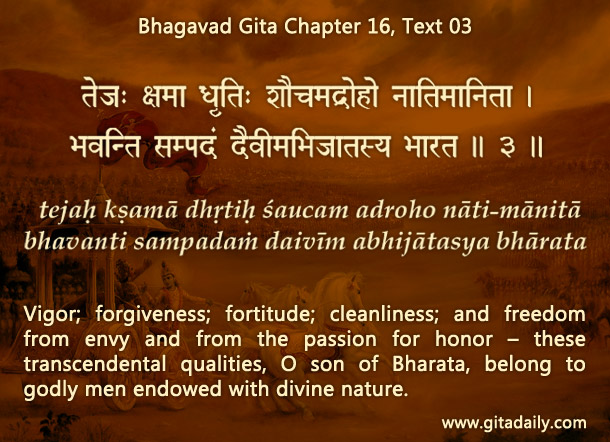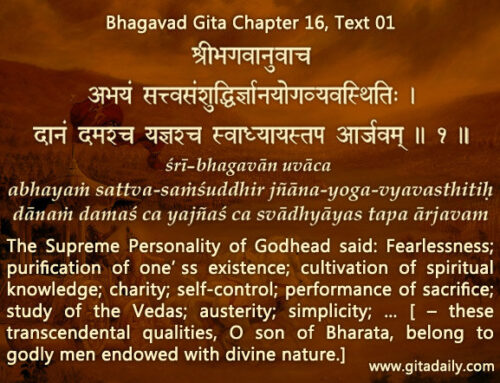Whenever we strive to be courageous, we may think that we need to be free from fear. But this conception of courage and fear as mutually exclusive can impede us in developing courage. Why? Because fear is frequently a psychological reaction that may well be beyond our control.
To better understand the idea of an involuntary psychological reaction, let’s compare it to something more familiar: an involuntary physical reaction. Whenever the temperature drops, we may automatically feel cold, and we can’t force ourselves to not feel cold. Similarly, when we face an unsafe situation, we may instinctively feel fear in our mind, and we can’t force ourselves to not feel afraid.
Nonetheless, such reactions don’t have to be the sole determiners of our decisions. While we are doing something important, suppose we feel cold — we can still consciously decide to tolerate the cold and continue what we are doing. The same principle can be applied when we feel fear while we are doing something important — we can consciously decide to tolerate the fear and persist in our intended course of action.
Learning to separate our reaction from our decision can help us avoid two extremes. If we expect that we should never feel fear at all, then that very expectation will obstruct us in acting courageously. On the other hand, if we believe that because we feel fear, we have no courage, then that notion too will obstruct us. But instead if we calmly acknowledge that we have the capacity to take a decision that is independent of our reaction, then courage can find a place within us even while fear is still residing there.
To better appreciate how courage and fear can co-exist within us, we can turn to the Bhagavad-gita’s model of our inner world. The Gita emphasizes that our present existence is three-level: body, mind and soul. Because the mind is a part of who we are, we can accept that our mind’s reaction will be a part of our inner experience. We don’t have to deny that experience, yet we don’t have to comply with it. Essentially, we don’t have to exile fear to embrace courage (16.01).
Summary:
Even if we can’t eliminate fear as a reaction, we can still cultivate courage as a decision.
Think it over:
- What is our usual conception of the relationship between courage and fear?
- What are the two conceptions that may obstruct us in cultivating courage?
- How does Gita wisdom help us in cultivating courage?
***
16.01: The Supreme Personality of Godhead said: Fearlessness; purification of one’s existence; cultivation of spiritual knowledge; charity; self-control; performance of sacrifice; study of the Vedas; austerity; simplicity; … [– these transcendental qualities, O son of Bharata, belong to godly men endowed with divine nature.]
Audio explanation of the article is here: https://gitadaily.substack.com/p/how-to-be-courageous-in-the-presence

To know more about this verse, please click on the image


Leave A Comment